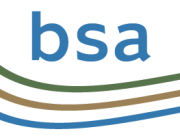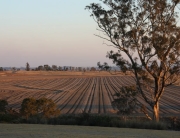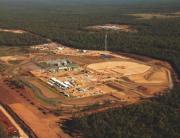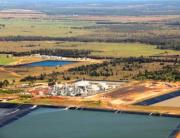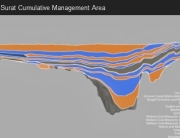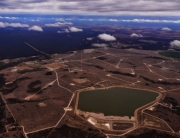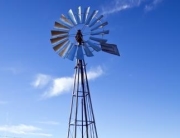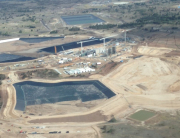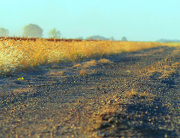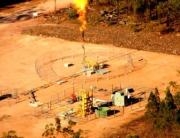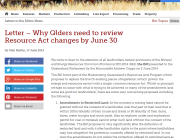The Basin Sustainability Alliance (BSA) estimates that 500 plus interested stakeholders attended the nine information sessions held recently across the Surat Cumulative Management Area (SCMA) by the Office of Groundwater Impact Assessment (OGIA) to explain and seek feedback on their recently released Underground Water Impact Report 2016 (UWIR).
BSA Chairman Lee McNicholl says this excellent turnout clearly underscores the ongoing vital interest and concerns that residents of the SCMA have about the impact of CSG sector’s statutory right to take unlimited volumes of “associated water” from Great Artesian Basin aquifers on their bore supplies.
“Modelling accurately the impact of an unknown final number of CSG wells (estimated at 18,000 in UWIR 2016) out to the year 2070 across the SCMA, which is roughly the size of Victoria is a monumentally ambitious endeavour relying on some “heroic” assumptions” cautioned Mr McNicholl.
“BSA congratulates OGIA’s dedicated group of hydrogeologists and modellers responsible for substantially upgrading the accuracy and capability of their original model to better predict how gas extraction interacts with water take on a regional basis” Mr McNicholl said.
“However the inescapable reality is that the new model predicts the CSG industry will still take 50,000 Megalitres averaged annually to 2070 with 70,000 Megalitres taken yearly out to 2060 from GAB aquifers. Although this is primarily from the Walloon Coal Measures , the Springbok, Hutton and Precipice aquifers are also impacted . This more than doubles the current take of all other GAB users (52.5 Megs/ year)” Mr McNicholl said.
Mr McNicholl stated the BSA still has doubts that this “double take “ is sustainable and that the modelling accurately predicts local impacts under all circumstances.
To illustrate a case in point, Mr McNicholl said the BSA was pleased to facilitate a visit to Col & Marcia Davis’s Hopeland farm by OGIA and DEHP personnel while in Chinchilla to see their various bores that are being impacted by fugitive gas from CSG extraction.
Consequently one of the key points that the BSA will include in their submission in response to the consultation process is that Chapter 3 of the Water Act must be urgently amended to clearly allow fugitive gas impairment of water bores as another trigger for “make good” for landholders whose existing and future groundwater resources will be impacted by CSG activities.

